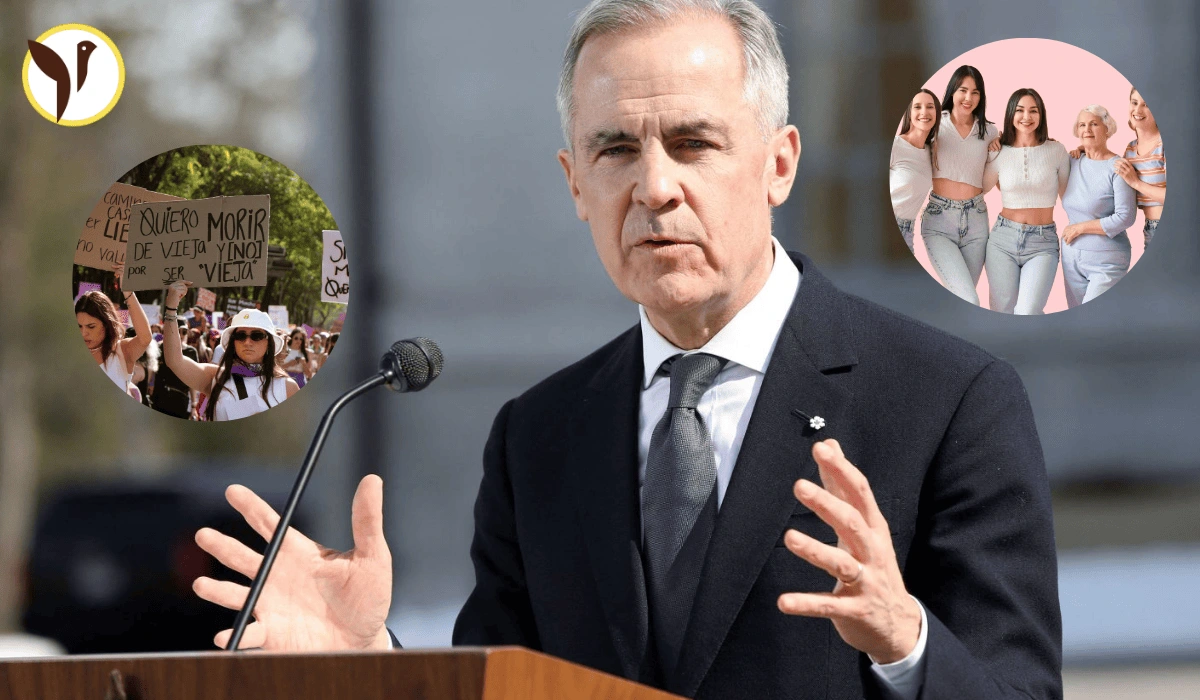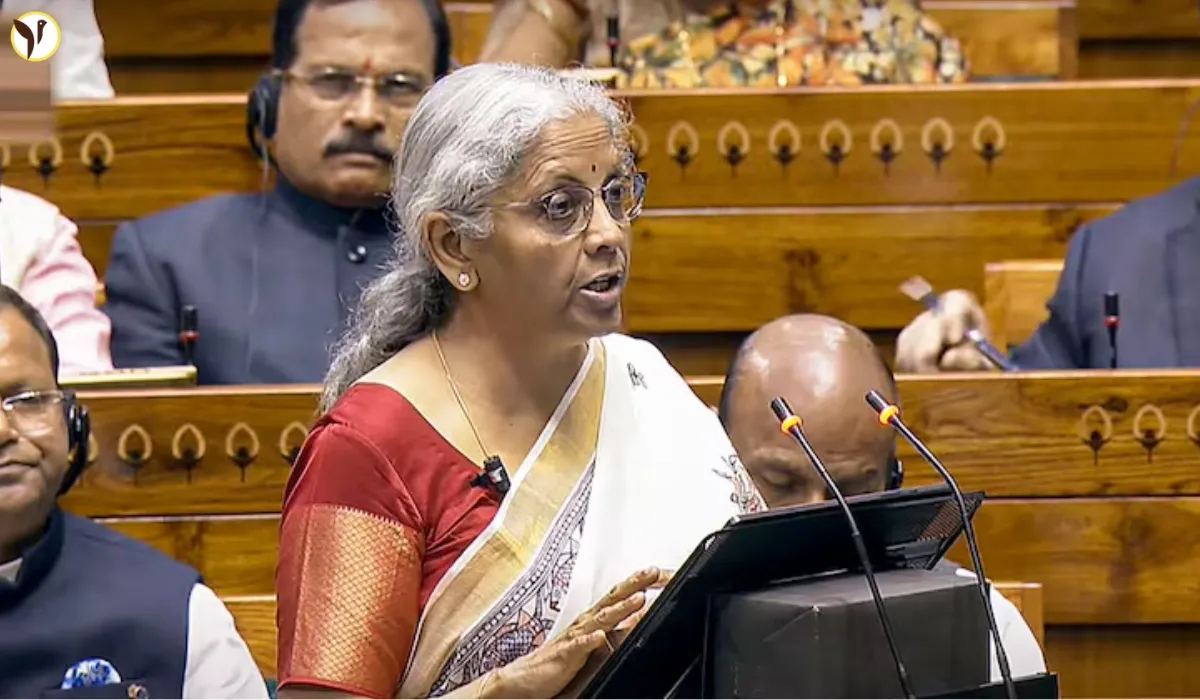Introduction
A new discussion has been triggered in Canada’s political realm when Mark Carney, a prominent economist and probable future political figure, emphasized the significance of making feminist principles central to Canadian foreign policy. His statement has generated renewed interest in the way Canada positions itself in the world, and if a feminist foreign policy could enhance Canada’s diplomatic identity.
Understanding Feminism as a Political Ideology
Feminism, in a political sense, promises equality, representation and fair decision-making for all genders. In the context of international relations, it means that foreign policy aims to ensure that decisions about the international arena allows for social inclusion, preserving human rights, and determining impact of global actions on vulnerable groups.
Canada has previously expressed an interest in these principles (e.g. on gender equality, humanitarian work, and peacebuilding), and Carney has re-ignited the question of whether Canada should practically shift further to a more formalized feminist foreign policy?
Mark Carney’s perspective
Mark Carney has emphasized the necessity for contemporary foreign policy to embrace inclusivity and the articulation of values - specifically, commitment to equity, dignity and value in respect for rights. While he has yet to launch a campaign or seek a political role, his perspective is earning attention as a potential influencer in Canadian politics.
In Carney's opinion, the global challenges - including conflict, climate changes, or economic hardship require policy considerations about the experiences of women and marginalized communities. For him, feminist foreign policy is not symbolic; it is a pragmatic approach to framing decisions in ways that promote long-term stability and cooperation.
Foreign policy, in the Canadian context
Canada has satisfied a historical role in supporting international peace, development and human rights. Feminist principles made their way into policy debates in recent years, including into aid programs, diplomacy, and engagement.
Yet, experts have commented on the fact that Canada is far from having anything resembling a fully fleshed-out feminist foreign policy of any resemblance to that of Sweden. Carney’s remarks have re-engaged national conversations about whether Canada would seek a formal feminist foreign policy and how such a approach would shape relations with allies, defence strategy and negotiations internationally.
Why The Debate Matters Now
At a time of increasing global tension and changing allegiances, Canada faces pressure to define its foreign-policy stance. Proponents contend that feminist foreign policy could bolster Canada’s international reputation and strengthen responses to issues such as conflict prevention and climate migration.Critics suggest Canada should focus on economic and security interests as a priority. As Canada approaches the next elections and Carney’s political power grows, we expect the debate will become more relevant.









